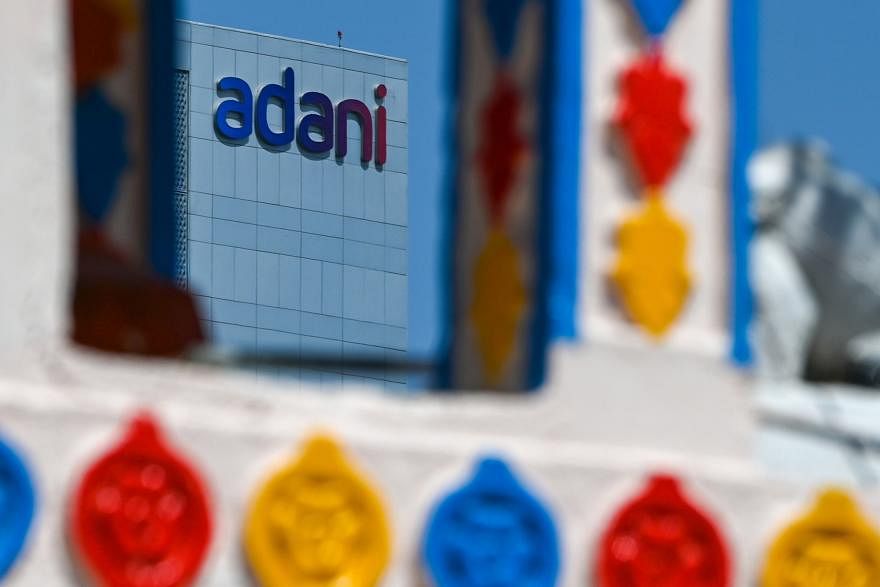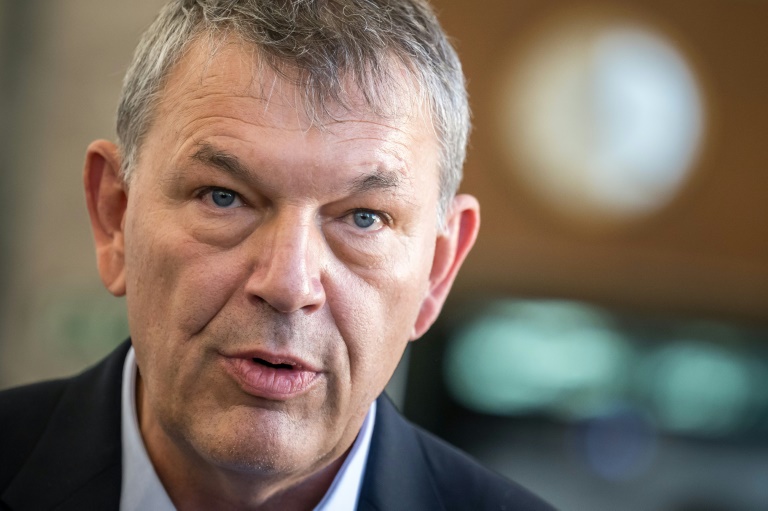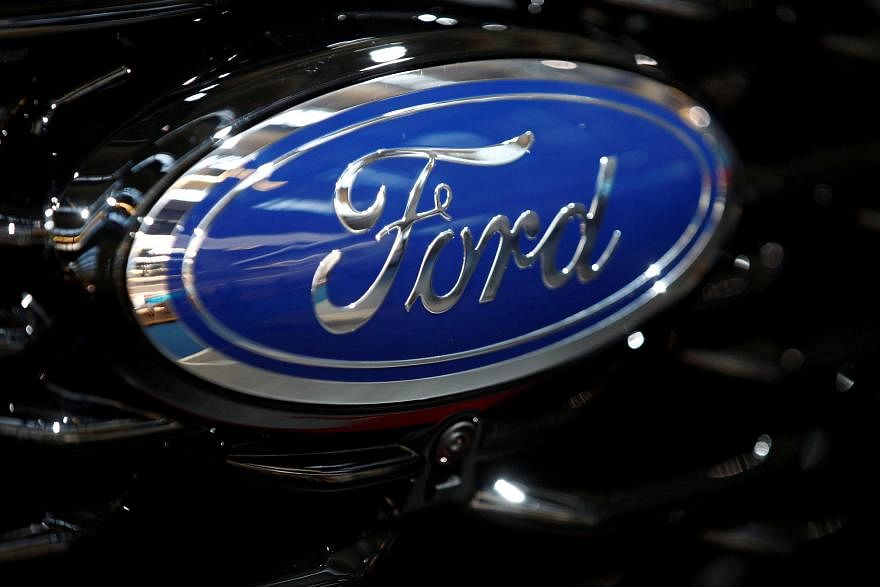ADANI Group saw huge demand for its first public bond sale since a report last year by short seller Hindenburg Research, in yet another sign that the Indian conglomerate has regained the confidence of investors.
Its solar energy unit Adani Green Energy and associated firms, known together as Adani Green Energy Restricted Group 1, pulled in around US$2.9 billion of orders for a US$409 million 18-year bond – about seven times the deal size.
In addition, the final yield guidance of 6.70 per cent looks set to allay fears that the company would have to pay dearly to raise overseas capital after the US shortseller’s claims triggered a rout in the stock and bond prices of group firms a year ago.
“They are basically ticking the final box towards becoming an investment grade company again – which is to regain access to the public bond market,” said Xuchen Zhang, an emerging markets credit analyst at Jupiter Asset Management, a UK-based money manager.
Underlining the strength of the result, Nomura Holdings analyst Eric Liu sees ‘fair value’ for the new bonds at about 6.825 per cent, a term used in the market to signify where an outstanding bond of the same maturity and type may trade. Typically, issuers offer a premium to this fair value to get a new deal done.
It appeared that Adani was indeed offering a premium with the initial marketing levels of 7.125 per cent, according to a person familiar with the matter, but strong demand allowed it to tighten pricing.
Hindenburg levied accusations of fraud and stock manipulation in its early 2023 report. Billionaire Gautam Adani’s conglomerate, whose business dealings range from ports to airports and solar energy, has repeatedly denied the claims.
Since then, Adani won fresh equity backing from investors including GQG Partners and successfully refinanced US$3.5 billion worth of debt for the acquisition of cement companies, helping its securities to recover. On many measures, the company has emerged even stronger from the episode.
The proceeds of the bond will be used to redeem a US$500 million note that matures in December, according to a person familiar with the matter.
The longer maturity and structure of the new notes removes refinancing risk, Fitch Ratings wrote on Feb 27. The issuer group operates assets generating solar power in India. The assessor said it expected to rate the new notes BBB-, higher than the debt they’re replacing.
Some of the world’s largest asset managers, including Neuberger Berman Group, bought Adani dollar bonds after the unprecedented rout, according to an analysis by Bloomberg published in January. By contrast, Singapore’s state-owned investor Temasek Holdings exited its position entirely, the analysis showed.
Barclays and Deutsche Bank are among the banks tapped to help with the bond deal, a sign that major lenders are prepared to do business with the Indian billionaire. BLOOMBERG







